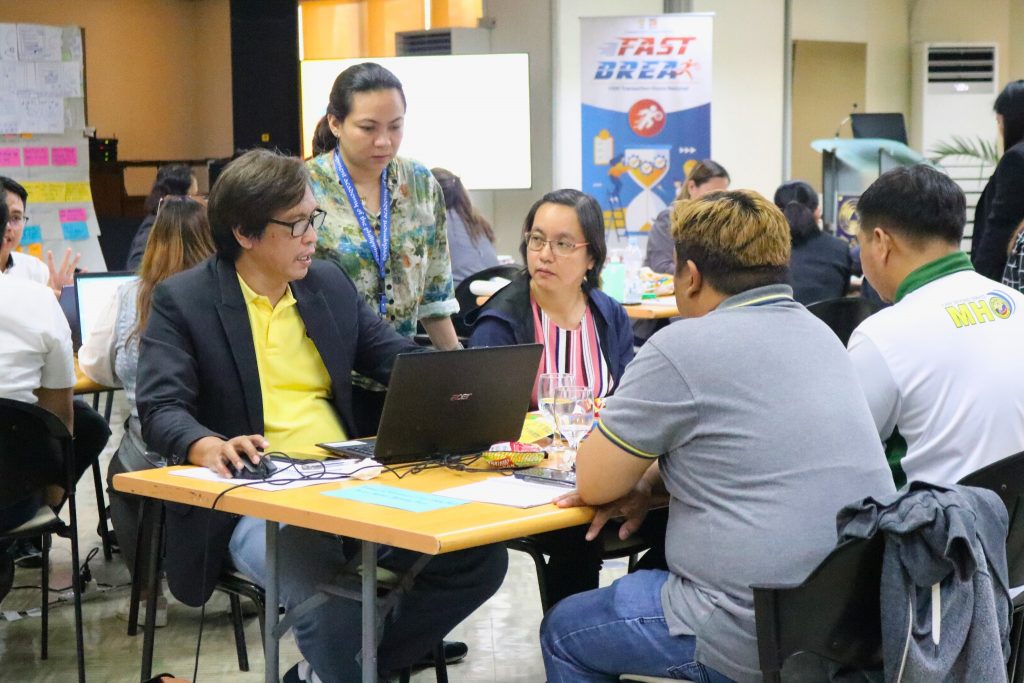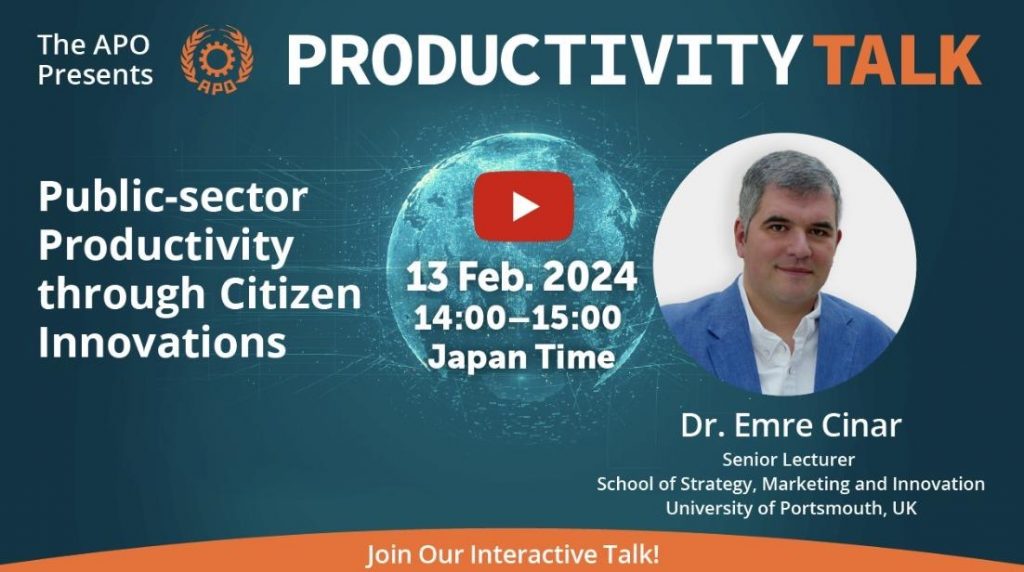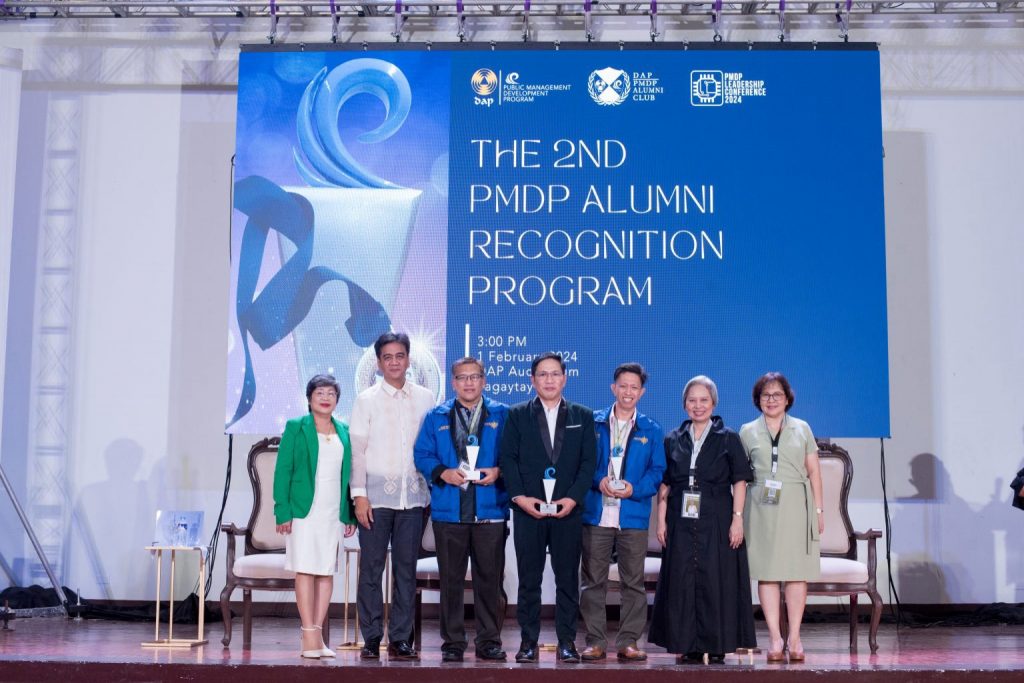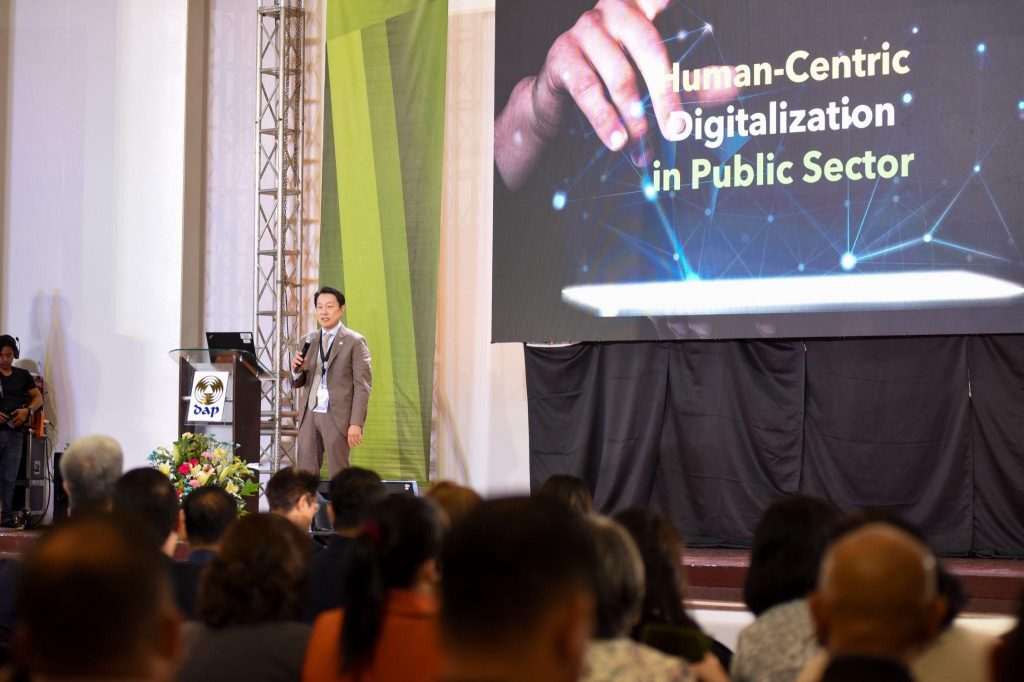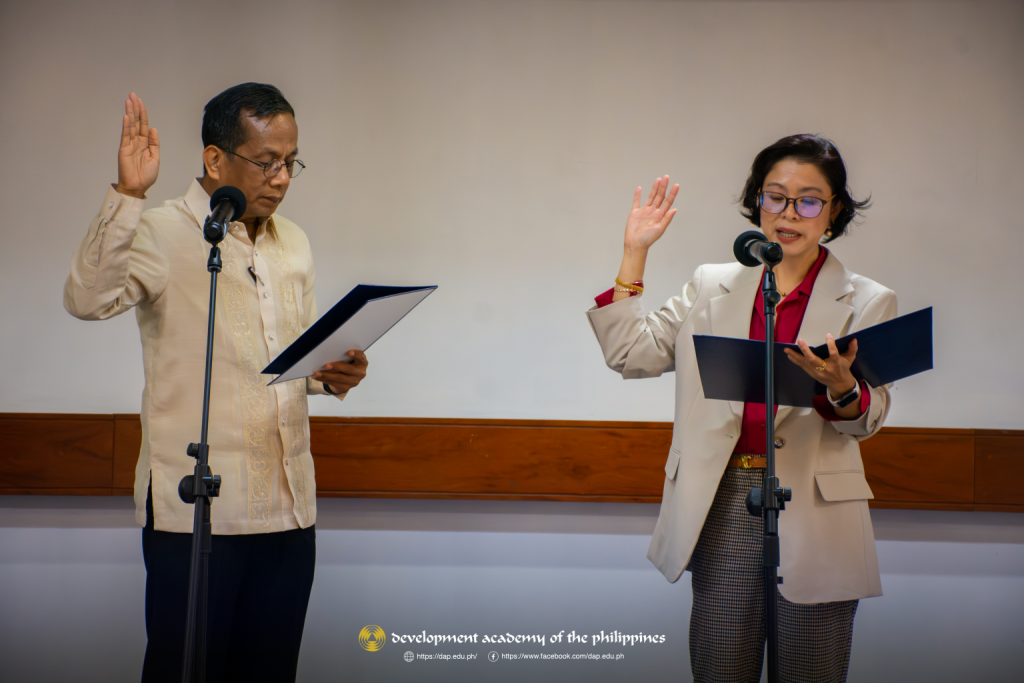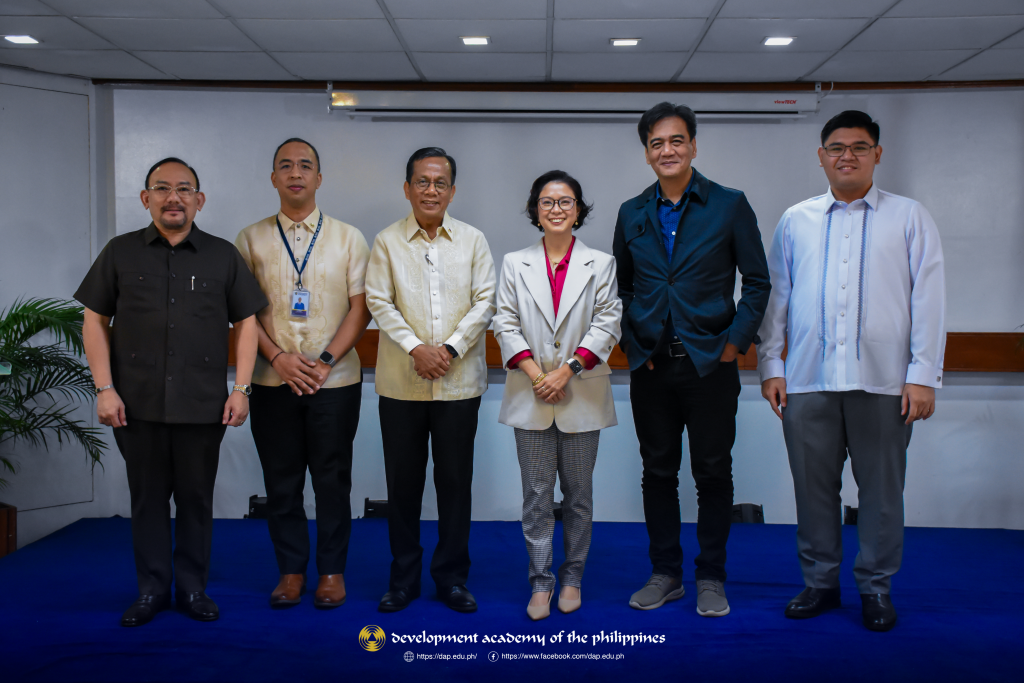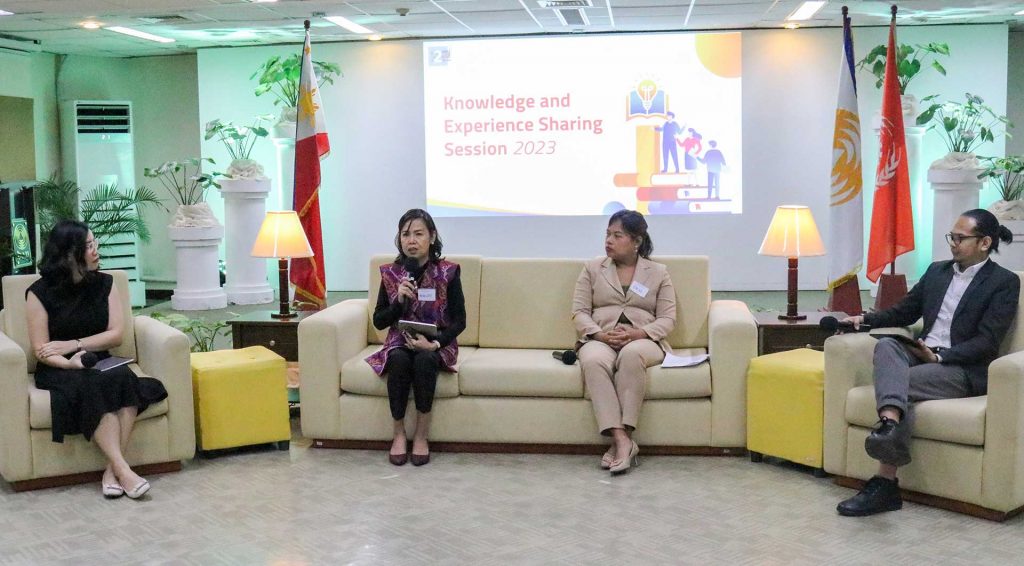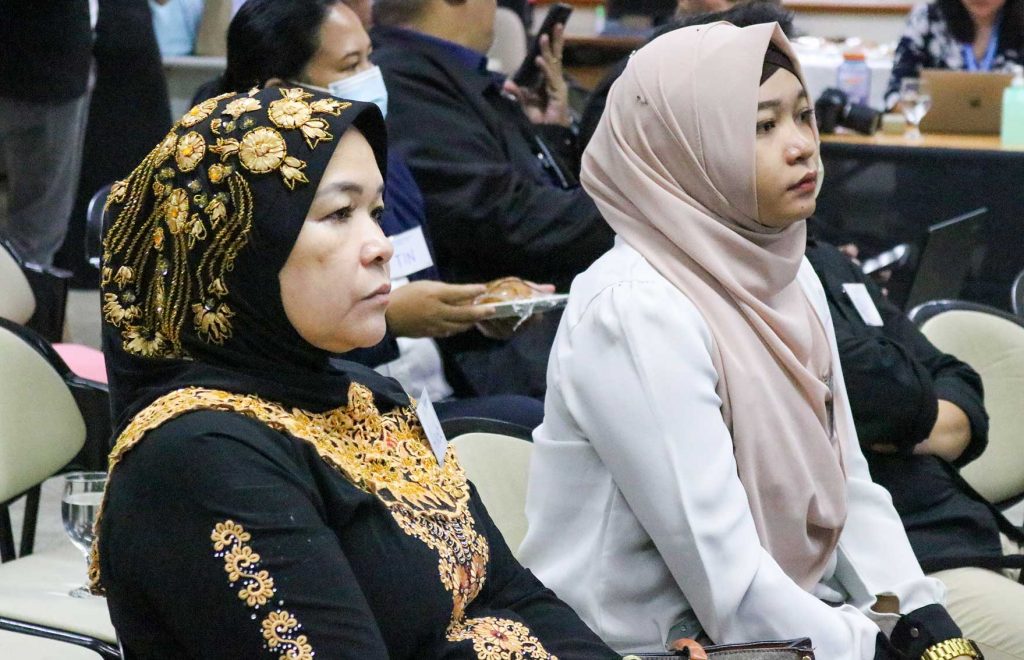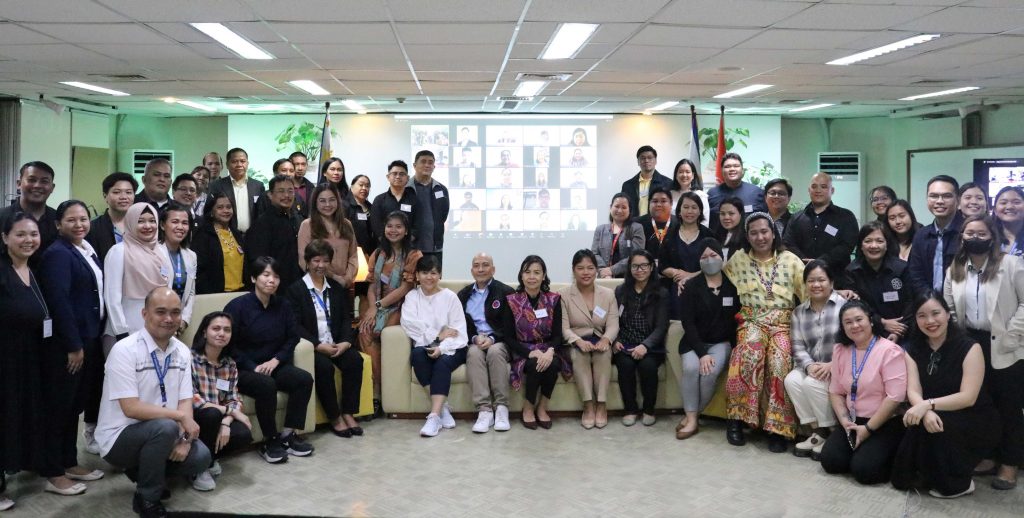
Twenty-four participants from seven national government agencies (NGAs) and state universities and Colleges (SUCs) joined the batch 3 of the 2024 Fastbreak Workshop Series: Designing Citizen-Centered Public Services held on 19-21 March 2024 at DAP, Pasig City.
Participating agencies include the Bases Conversion and Development Authority, Bureau of Fisheries and Aquatic Resources, Commission on Higher Education—National Capital Region, Department of Social Welfare and Development, Marikina Polytechnic College, Philippine Charity Sweepstakes Office and Philippine Drug Enforcement Agency.
Throughout the workshop, participants were assisted in understanding the core values and needs of their clients, laying a foundation for citizen-centered service design. They were equipped with tools on how to gather ideas for service delivery improvement such as Crazy 8s, Design Charrettes, SCAMPER, Affinity Diagram, and Storyboard, empowering them to ideate and develop innovative solutions to enhance their respective services. On the final day, they tested their solutions and made adjustments to their design prior to translating these into a plan.

The DAP, as the Center of Excellence on Public-Sector Productivity, will be accepting participants for the remaining sessions scheduled on 16 – 18 April 2024 and 23 – 25 April 2024. Nominating officers are encouraged to download the nomination form from the provided link and carefully review the accompanying guidelines before completing and submitting the document.
Download the nomination form here: https://productivitychallenge.dap.edu.ph/2024-fastbreak-workshop/
The 2024 Fastbreak: 100K Transaction Hours Reduced initiative is part of the Productivity Challenge Program, a multi-year project led by the DAP COE-PSP. This program aims to elevate awareness and enhance the productivity and innovation of public-sector organizations across the Philippines. It seeks to cultivate a culture of innovation and improve productivity, ultimately enhancing service delivery quality.
For more information on the Productivity Challenge, please visit https://productivitychallenge.dap.edu.ph/ or send an email inquiry to productivitychallenge@dap.edu.ph.


